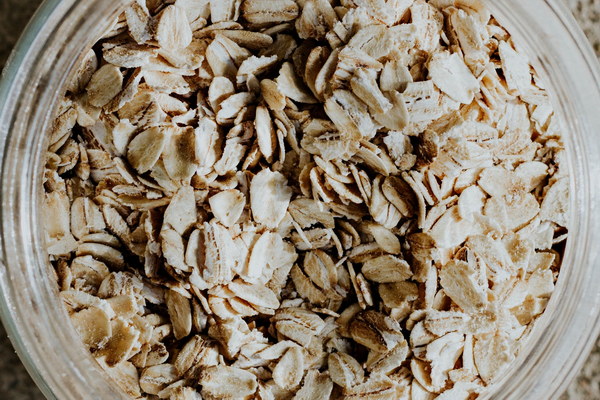Reviving Your Lungs A Comprehensive Guide to Nurturing Pulmonary Health After Injury
Introduction:
Lung function injury can be a devastating diagnosis, affecting not only physical health but also quality of life. Whether due to an accident, illness, or exposure to harmful substances, the journey to recovery requires careful attention to the body's needs. This comprehensive guide outlines essential strategies for nurturing pulmonary health after injury, helping individuals breathe easier and improve their overall well-being.
1. Understanding the Injury:
Before diving into the specifics of how to nurture pulmonary health, it's crucial to understand the type and extent of the lung function injury. This may involve consulting with a healthcare professional who can provide a detailed diagnosis and personalized treatment plan.
2. Oxygen Therapy:
For those with severe lung function injury, supplemental oxygen therapy may be necessary to ensure adequate oxygen levels in the body. It's essential to use oxygen therapy as prescribed by a healthcare provider and to follow all safety guidelines.
3. Breathing Exercises:
Pulmonary rehabilitation programs often include breathing exercises designed to improve lung capacity and strengthen the respiratory muscles. Techniques such as diaphragmatic breathing, pursed-lip breathing, and coughing exercises can help clear the lungs and enhance airflow.
4. Physical Activity:

Engaging in regular, gentle physical activity can aid in the recovery process. Activities such as walking, swimming, or cycling can improve cardiovascular health, enhance lung capacity, and boost overall fitness. Always consult with a healthcare professional before starting any new exercise regimen.
5. Nutrition:
A well-balanced diet is essential for supporting lung health. Include plenty of fruits, vegetables, lean proteins, and whole grains in your diet. Certain nutrients, such as vitamin C, vitamin E, selenium, and omega-3 fatty acids, have been shown to support lung function and reduce inflammation.
6. Hydration:
Staying hydrated is vital for maintaining healthy lung function. Adequate fluid intake helps thin mucus, making it easier to cough up and preventing lung infections. Aim for at least 8 glasses of water a day, or more if recommended by your healthcare provider.
7. Avoiding Harmful Substances:
To prevent further lung damage, it's essential to avoid exposure to harmful substances such as tobacco smoke, air pollution, and occupational hazards. If you are a smoker, quitting is one of the most critical steps you can take to improve your lung health.
8. Stress Management:
Chronic stress can exacerbate lung symptoms and hinder the healing process. Incorporate stress-reducing techniques into your daily routine, such as meditation, yoga, or deep-breathing exercises. A calm mind can contribute to a healthier respiratory system.
9. Sleep:
Quality sleep is crucial for overall health, including lung function. Aim for 7-9 hours of quality sleep each night. Establish a bedtime routine that promotes relaxation and avoid screens and caffeine close to bedtime.
10. Regular Check-ups:
Regular follow-up appointments with your healthcare provider are essential for monitoring your lung function and adjusting your treatment plan as needed. Keep open lines of communication with your healthcare team to ensure you receive the best care possible.
Conclusion:
Recovering from a lung function injury is a gradual process that requires patience, dedication, and a comprehensive approach. By understanding the nature of the injury, following a tailored treatment plan, and adopting a healthy lifestyle, individuals can improve their lung function and enhance their quality of life. Remember, the road to recovery is unique for each individual, so work closely with your healthcare providers to find the best strategies for your situation. With time, care, and determination, it is possible to nurture your lungs back to health.









